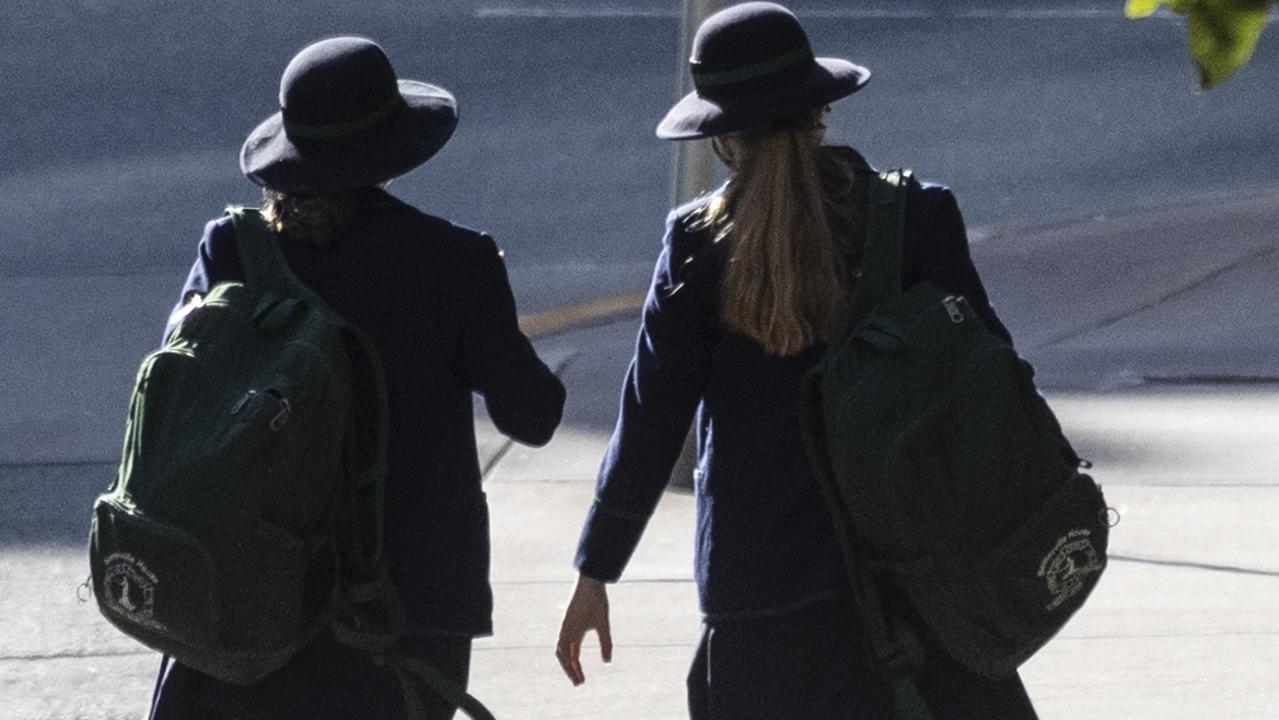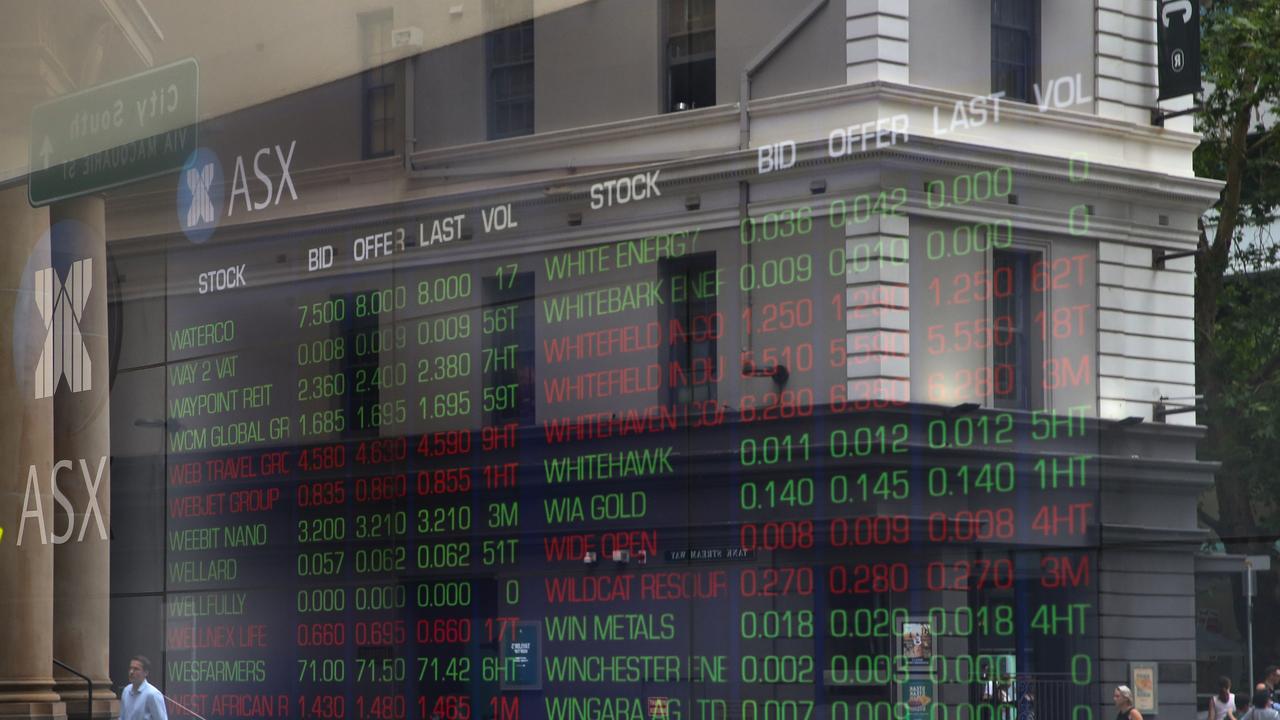The Pandora Papers expose enormous hidden wealth of the world’s most powerful people
An enormous cache of 12 million secret financial records has been unearthed, revealing wealth secrets of the world’s most powerful people.

Details surrounding the enormous secret wealth of dozens of the world’s most powerful people have been exposed with the release of a cache of documents.
One of the biggest-ever leaks of financial records, dubbed the Pandora Papers, has rocked the elite ranks of global politics, with hundreds of public officials and 35 current and former political leaders implicated.
They include the King of Jordan’s $130 million property buying spree in the United States and Britain and Russian President Vladimir Putin’s link to a luxury multimillion dollar Monaco apartment in the name of his reported mistress.
In the latter instance, the 2003 purchase of a $5 million flat on the fourth floor beneath the ritzy Monte Carlo Star casino, was made by Svetlana Krivonogikh, a cleaner and university student, then 28.
Despite coming from extremely modest beginnings, the mystery woman has since amassed an incredible swag of assets worth $137 million, The Guardian reports.
They include properties in Moscow, an apartment in a prestigious compound in St Petersburg and a superyacht.
But perhaps the most lucrative acquisition of all was her daughter Elizaveta, known as Luiza and now aged 18, who is the reported love child of President Putin.
Official disclosures from the Kremlin paint a picture of a modest level of comfort enjoyed by the Russian leader, said to earn about $150,000 a year and hold minimal assets, like $300,000 in savings and a single apartment.
In reality, President Putin is thought to be the richest man in the world – unofficially, of course – with American financier Bill Browder estimating he has "accumulated $US200 billion ($A274 billion) of ill-gotten gains”.
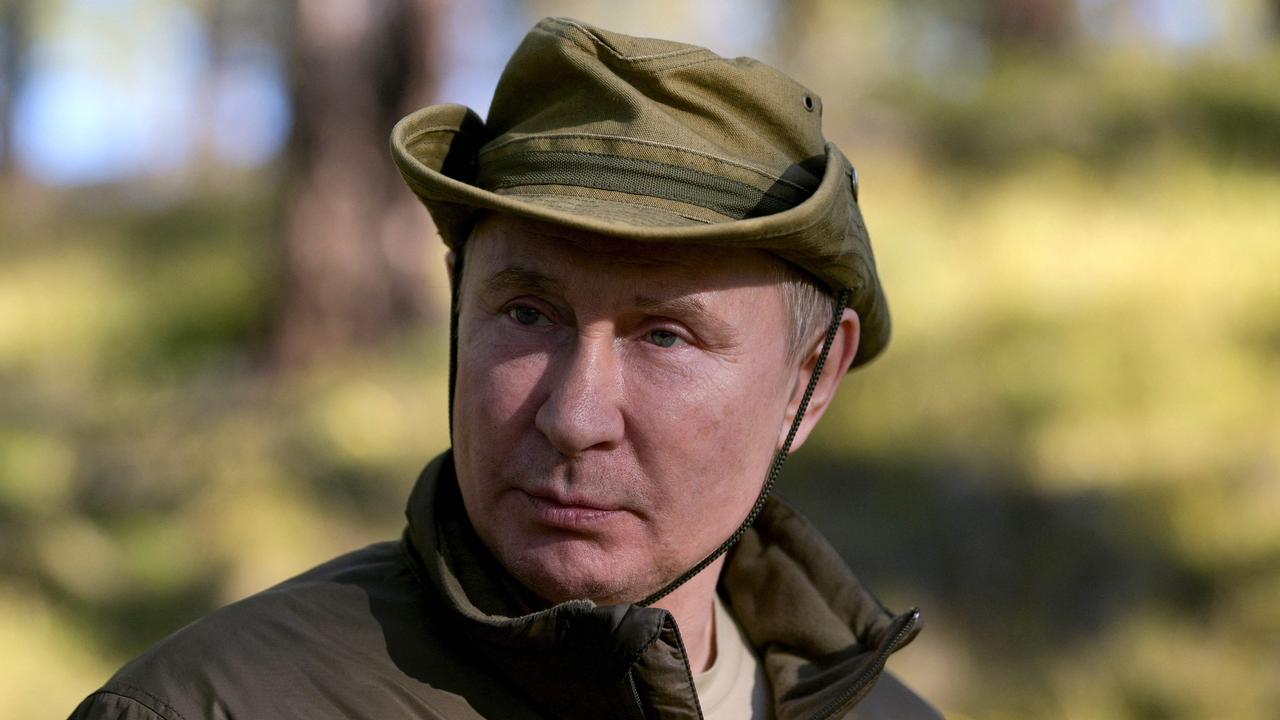

Unprecedented level of wealth hiding
The Pandora Papers, obtained by the International Consortium of Investigative Journalists (ICIJ) and examined by a group of several hundred reporters from a number of media outlets, including the BBC and The Guardian, largely show no legal wrongdoing.
The legal transactions were made by tens of thousands of offshore firms or holding companies, exploiting permissible tax loopholes favoured by the wealthy.
This shows “aggressive wealth-hiding” by global billionaires on a scale that’s hard to imagine and shows the erosion of efforts to reign in such tactics, Chuck Collins, author of The Wealth Hoarders: How Billionaires Pay Millions to Hide Trillions, and coeditor of Inequality.org at the Institute for Policy Studies, said.
It has also revealed that financial secrecy usually associated with Caribbean nations like Barbados and the Bahamas, and European banking havens like Switzerland, is spreading.
Mr Colins said South Dakota had emerged as a rival to such “opaque jurisdictions” thanks to changes to laws that allow billions of dollars “sometimes illicitly obtained” to be horded in the American state.
“The US has become the weak link in stopping global crime and wealth hiding,” he said. “We should be embarrassed that we’ve become a magnet for kleptocratic funds.”
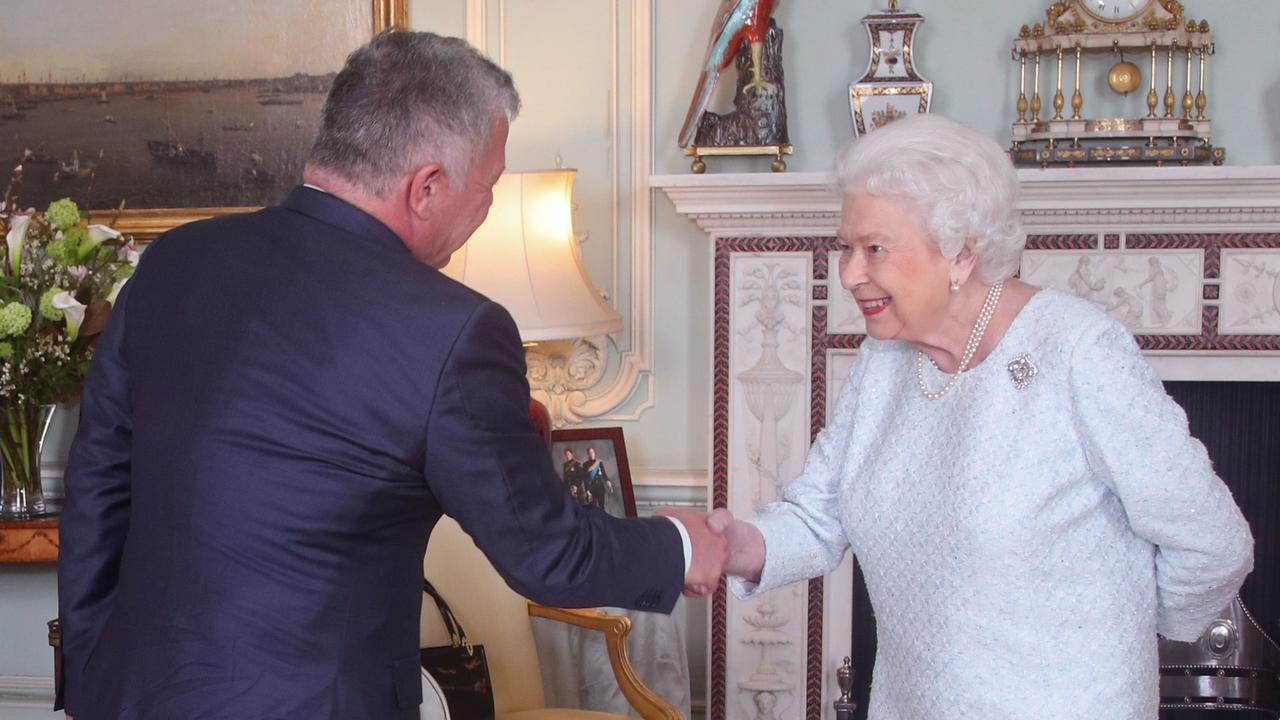
A complex and sophisticated system that experts call ‘the wealth defence industry’ involves an army of accountants, lawyers and wealth managers putting vast amount of money beyond the reach of authorities in trusts, offshore accounts and anonymous shell companies, he said.
King Abdullah II bin Al-Hussein of Jordan has used a vast network of such shell companies, incorporated in the Virgin Islands and other notorious tax havens, to amass a property portfolio.
Among them are luxury dwellings in London and Ascot in the UK and three adjacent homes in Malibu, California.
Lawyers for the King told the BBC he used his own money to purchase the real estate and that doing so via offshore companies was common practice for individuals for privacy and security purposes.
Fergus Shiel from the ICIJ said nothing on the scale shown in the Pandora Papers had ever been uncovered before.
“They are using those offshore accounts, those offshore trusts, to buy hundreds of millions of dollars of property in other countries, and to enrich their own families, at the expense of their citizens,” Mr Shiel told the BBC.
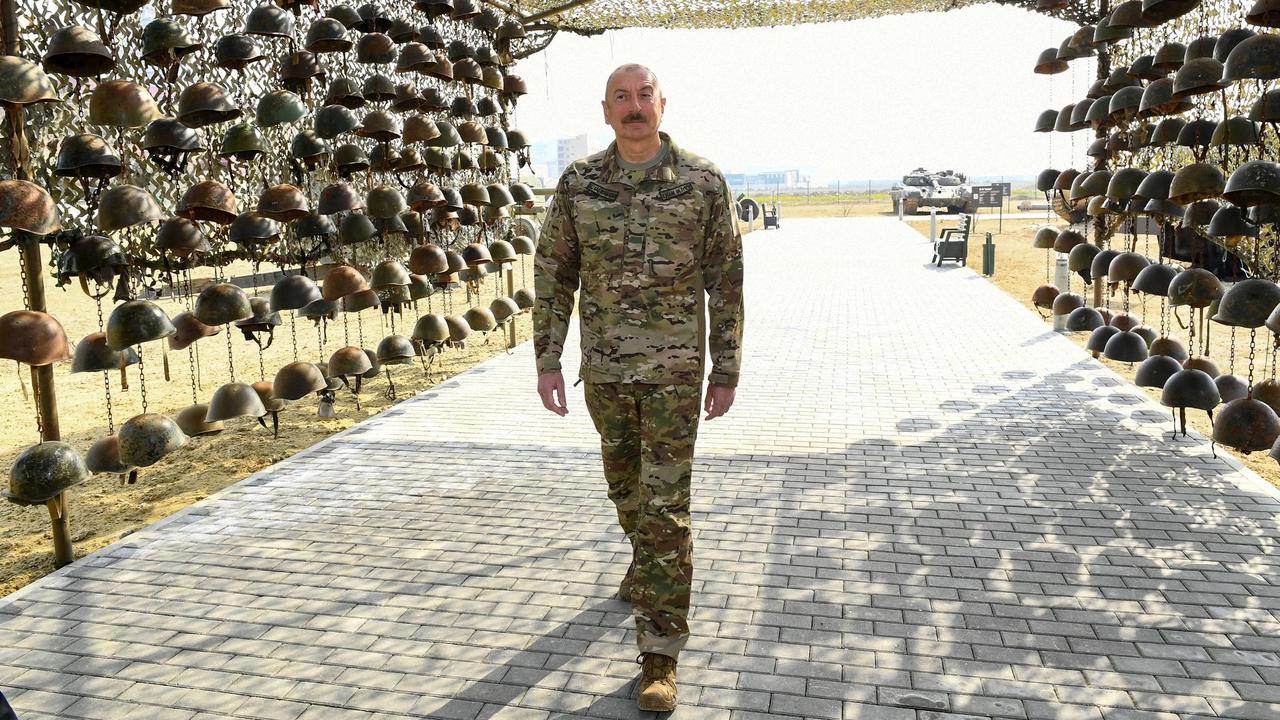
Unexplained wealth squirrelled away
While these kinds of practices are technically legal, they often allow the laundering of money or the concealment of corruptly obtained funds.
There are signs of this kind of alleged conduct in the Pandora Papers.
Ilham Aliyev, the President of Azerbaijan, purchased an almost unimaginable $750 million worth of property in the United Kingdom alone, the leak reveals.
The portfolio of 17 properties includes a premium office building in London worth $82 million, whose legal owner is the embattled leader’s 11-year-old son, Hedyer.
A second commercial property nearby was sold to the Queen’s Crown Estate – a mammoth wealth fund managed by the Treasury – for $123 million in 2018, the documents reveal, making the Aliyev family a tidy $57 million profit.
Mr Aliyev has long been accused by his opponents of siphoning wealth from the country’s coffers, so these revelations could prove particularly damaging.
Legal or not, the release of the 11.9 million documents overnight will rock power structures around the world.
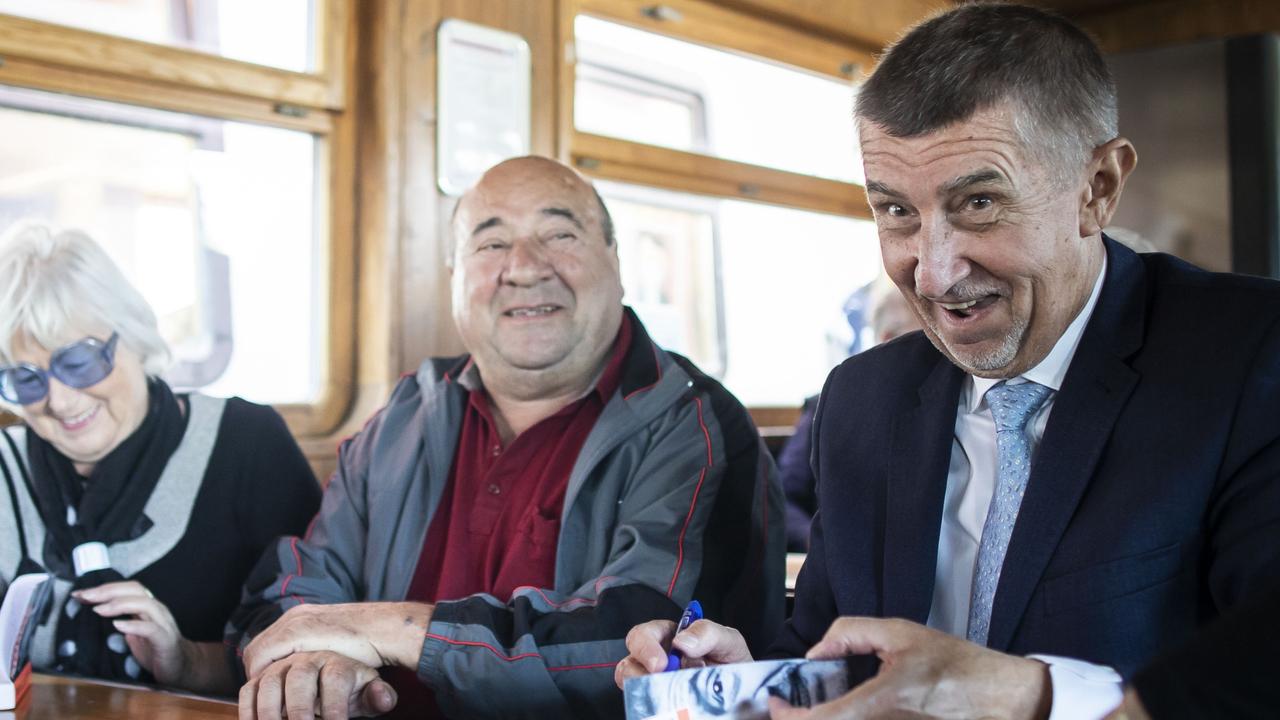
Unlikely to be pleased by the timing of the Pandora Papers release is Czech Republic Prime Minister Andrej Babis, who is heading to an election this week.
They reveal he failed to declare a secret offshore investment company that was seemingly established to buy two luxury villas in the south of France for $22 million.
Kenyan President Uhuru Kenyatta and several family members own 11 offshore companies boasting some $41 million worth of assets – a wealth previously undisclosed.
His country boasts one of the largest and most diverse economies in Africa, but also one of the poorest populations, with 36 per cent of Kenyans living below the poverty line.




